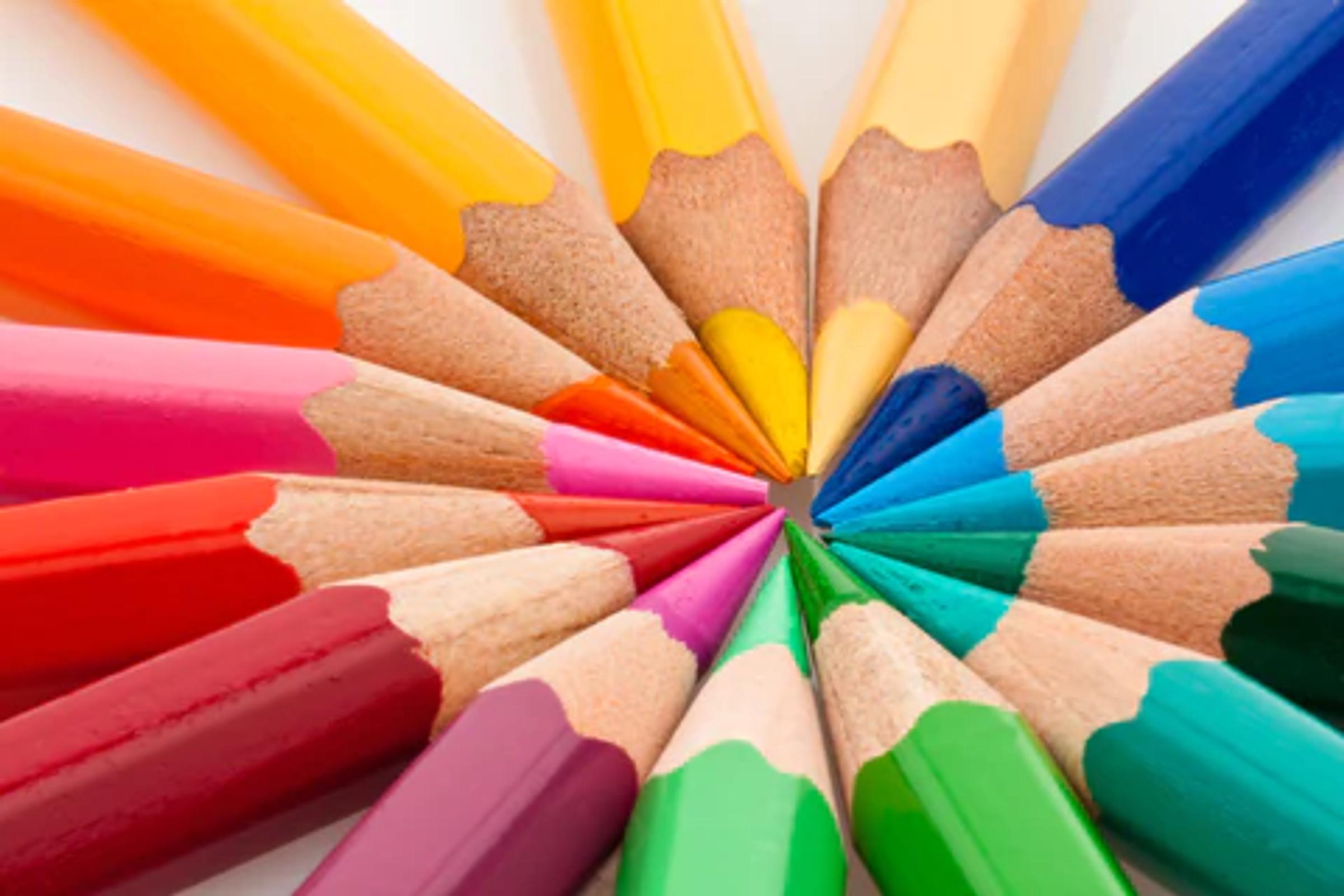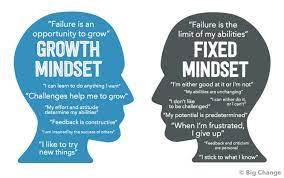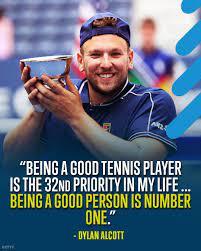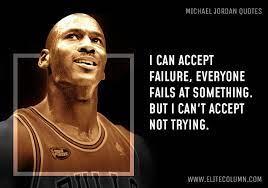Learning and Teaching
Growth vs Fixed Mindsets

Learning and Teaching
Growth vs Fixed Mindsets
At St Louis de Montfort's we encourage a growth mindset. Mindset was a simple idea discovered by a world renowned psychologist Carol Dweck.
In a fixed mindset people believe that basic qualities like their intelligence are fixed traits. They spend time focusing on identifying their strengths and talents without developing them. They avoid challenges or things they perceive they cannot do, they give up, make excuses, refuse to learn from mistakes, judge classmates ability and stay where you are.
In a growth mindset people believe that their most basic abilities can be developed through dedication and hard work - brains and talent are just the starting point. They focus on GROWTH. They accept challenges without fear, keep trying in the tought times, remember success takes work, learn from mistakes, accept feedback and constructive criticism, celebrate the successes of others and learn, improve, succeed.


Ben Crowe is a leading Australian Keynote speaker who has worked with many different people to change their mindset. This includes Ash Barty, the Richmond football club and Dylan Alcott. He is all about helping people fin a balance between confidence and happiness and balancing achievement with fulfilment.


A lot of the work I do with my clients centres around performance mindset, which is (in the moment of performance): how I can focus my attention on the things I can control, and the best version of me, and not get distracted by the things which typically sabotage our performances, which is the fear of failure or focusing on the result.
90% of performances are sabotaged by the fear of failure or focusing on the result, causing unnecessary expectations that we can't control. Accepting the things we can't control and focusing back on the things we can control and the best version of us, enables us to think with clarity and with a calmness and a composure. To enable us to strategise, to communicate and stay connected.
Ben Crowe


It is important that we teach our children that we are the authors of our own future and that we can always learn to do it better and that mistakes are a brilliant learning opportunity. Always celebrate mistakes!